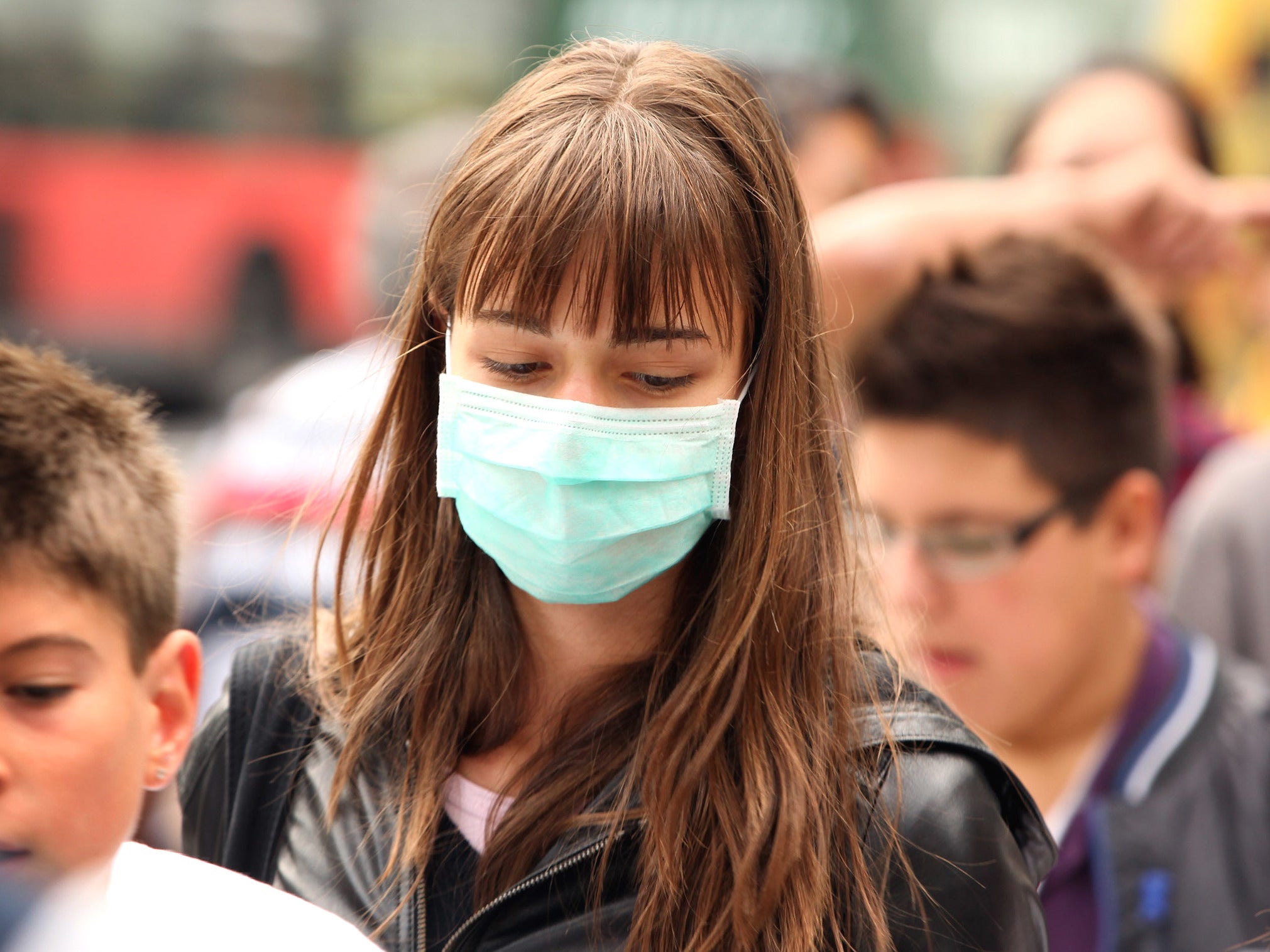'Spanish flu pandemic' could return, doctors warn
A century after outbreak thought to have infected a third of world's population, health experts fear deadly mutation of influenza virus

Your support helps us to tell the story
From reproductive rights to climate change to Big Tech, The Independent is on the ground when the story is developing. Whether it's investigating the financials of Elon Musk's pro-Trump PAC or producing our latest documentary, 'The A Word', which shines a light on the American women fighting for reproductive rights, we know how important it is to parse out the facts from the messaging.
At such a critical moment in US history, we need reporters on the ground. Your donation allows us to keep sending journalists to speak to both sides of the story.
The Independent is trusted by Americans across the entire political spectrum. And unlike many other quality news outlets, we choose not to lock Americans out of our reporting and analysis with paywalls. We believe quality journalism should be available to everyone, paid for by those who can afford it.
Your support makes all the difference.It was the deadliest pandemic of the 20th century, killing tens of millions of people around the world in the months following the end of the First World War.
And as historians mark the centenary of the Spanish flu’s outbreak this month, doctors are warning that a deadly flu strain could return and spread across the globe.
Dr Fari Ahmad, a Cheshire GP, warned against the “complacent” assumption it could not happen in the 21st century.
“In theory, yes,” said the NHS practitioner when asked on BBC Breakfast if we could experience something similar to the Spanish flu.
“The flu has not gone away completely and it’s certainly not harmless,” she explained.
“When the Spanish flu happened I don’t think people quite understood what was going on for a while.
“We understand how the flu spreads so I think we are in a better place, but I wouldn’t say be complacent.”
It is not know precisely where the 1918 Spanish flu began, but it took its name from the first cases discovered and publicised in Spain.
At its height, the disease is believed to have infected a third of the world’s population.
The pandemic is estimated to have killed at least 50 million people in total. As many as 250,000 people are thought to have died in Britain alone.
Experts discussed the possibility of a repeat of the pandemic as part of an upcoming BBC Two programme: The Flu That Killed 50 Million. Some leading medical figures believe another major global virus is overdue.
Dr Jonathan Quick, chair of the Global Health Council, has warned that “a new and unprecedentedly deadly mutation of the influenza virus” was the most likely kind of world health crisis.
“The big one is coming,” wrote the influential doctor earlier this year. He explained that flu remains “the most diabolical, hardest-to-control and fastest-spreading potential viral killer known to humankind.”
Dr Quick said at least six teams of medical researchers around the world are trying to develop a vaccine effective against all strains of flu.
Current seasonal vaccines can only attack two proteins in the flu virus, but are powerless to stop mutations of individual strains.
Doctors still recommend the flu vaccine for vulnerable groups – including older people, pregnant women and people with underlying health conditions.
Join our commenting forum
Join thought-provoking conversations, follow other Independent readers and see their replies
Comments